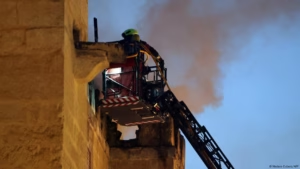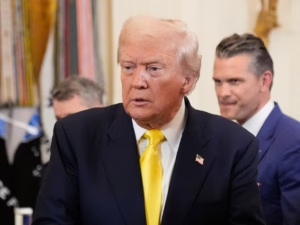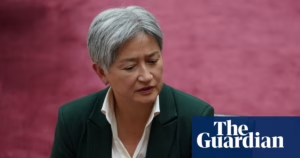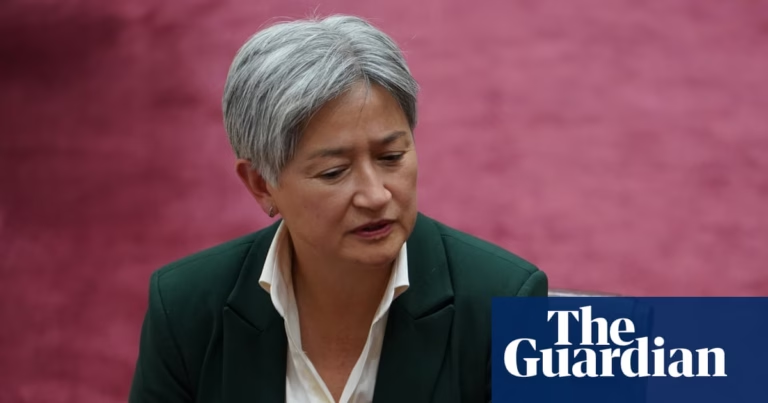Donald Trump’s approach to mediating between Russia and Ukraine has been likened to a game of broken telephone, suggesting that the desired ceasefire might be farther away than optimistic claims suggest.
Taking recent events into account, following Trump’s conversation with Vladimir Putin, it was stated that the two leaders agreed to a partial ceasefire, focusing on “energy and infrastructure” targets and ensuring Russia would not attack critical civilian structures. However, shortly thereafter, a Russian drone struck a Ukrainian hospital, with Russia’s official statement only committing to a halt on strikes against “energy infrastructure”, implying that other targets were still permissible.
High-level discussions continue to be shrouded in confusion, illustrated by the White House’s initial ambiguity regarding the specifics of Trump and Putin’s agreement. Trump later proposed an American-led privatization of Ukrainian power plants as a means to offer Ukraine security guarantees, although Ukrainian President Zelenskyy quickly dismissed the idea, affirming that power plants are national assets and that this proposal was never discussed.
The diplomatic missteps are piling up, leading Ukraine to seek clarity through negotiations in Riyadh to establish a definitive list of energy infrastructures for ceasefire protection. Ukraine’s Zelenskyy emphasized the importance of a unified understanding among all involved parties.
Trump’s tendency to describe complex talks with inflated enthusiasm and his private dialogues with world leaders, particularly Putin, have been veiled in secrecy. Controversy arose when the Kremlin reportedly demanded an end to foreign military aid to Ukraine as part of any long-term peace agreement – an issue Trump denies discussing.
The US president’s control over the release of information regarding his interactions with global leaders, especially during his exchanges with Putin, remains nebulous. Steve Witkoff, a real-estate magnate and friend of Trump’s, was present on one such call and described it as “epic,” though the veracity of these descriptions and their implications is now being questioned.
The upcoming shuttle diplomacy meetings in Riyadh may reveal whether Trump can continue to gloss over these discrepancies or if they will come to a head. General Keith Kellogg expected these talks to emulate shuttle diplomacy, with differing parties engaging in separate discussions and iterating back and forth.
Still, there are concerns about the US strategy’s naivety as business-oriented negotiators confront seasoned Russian diplomats. Russian negotiators Lavrov and Ushakov came prepared with draft agreements and extensive experience, seemingly outmaneuvering their US counterparts.
Reflecting on the US approach, Witkoff believes that Putin is acting in good faith, despite some from Russia’s ultra-nationalist right ridiculing this notion. The Russian team in Riyadh will be headed by a former FSB general and a seasoned diplomat, who previously negotiated the Minsk agreements – agreements that ultimately fell apart due to disputes over implementation.
As US negotiators prepare to face off with Russia’s experienced team, there is doubt as to whether they possess the necessary skill to effectively navigate the detailed and complex landscape of a conflict that has endured for over a decade.
Source: https://www.theguardian.com/us-news/2025/mar/21/donald-trump-ukraine-russia-war-ceasefire-putin-zelenskyy








